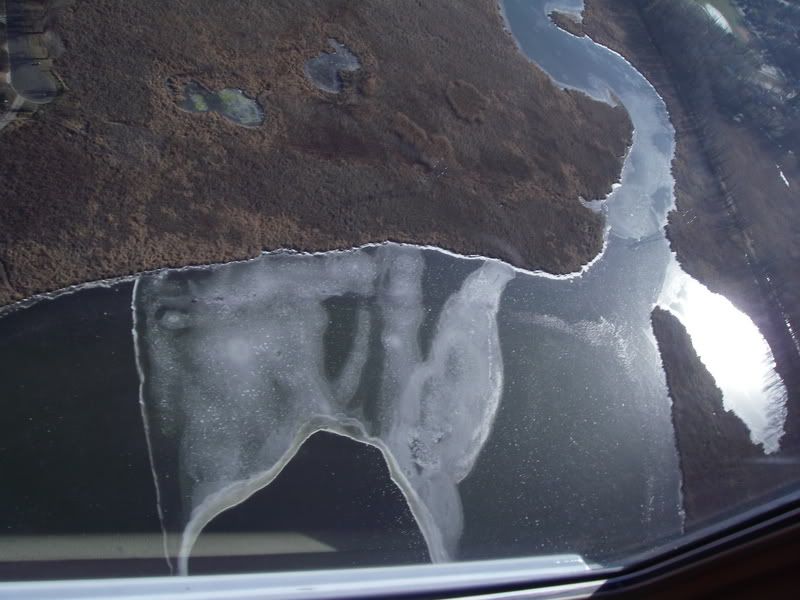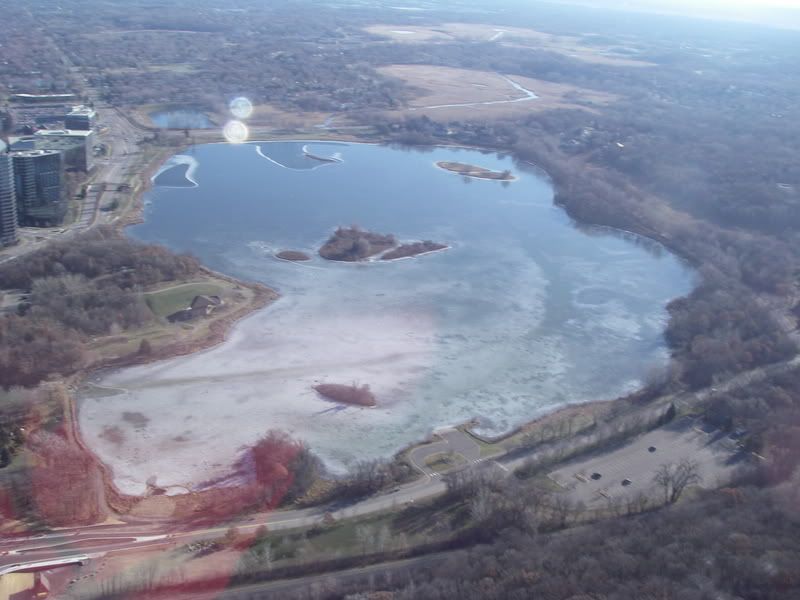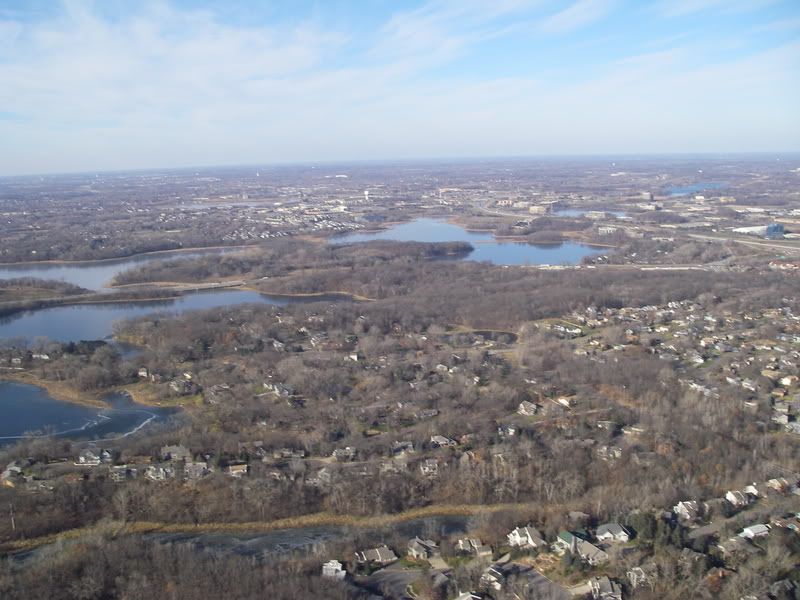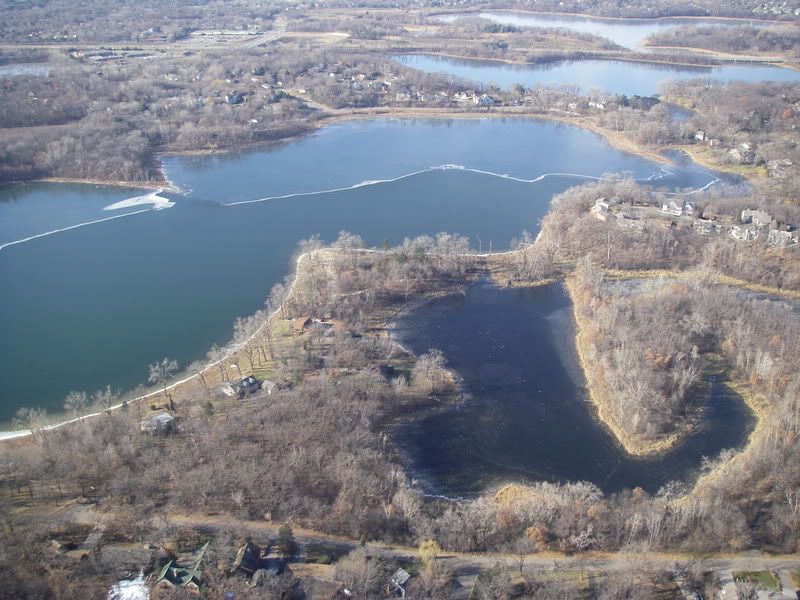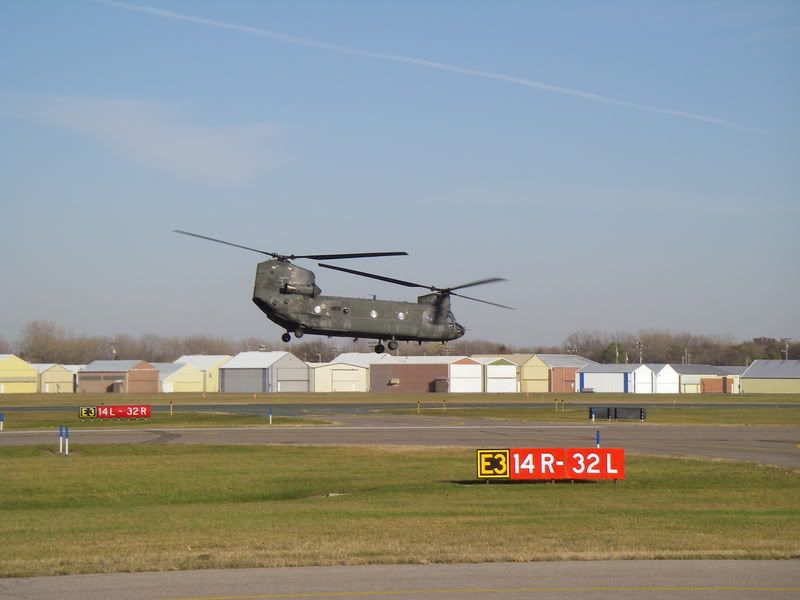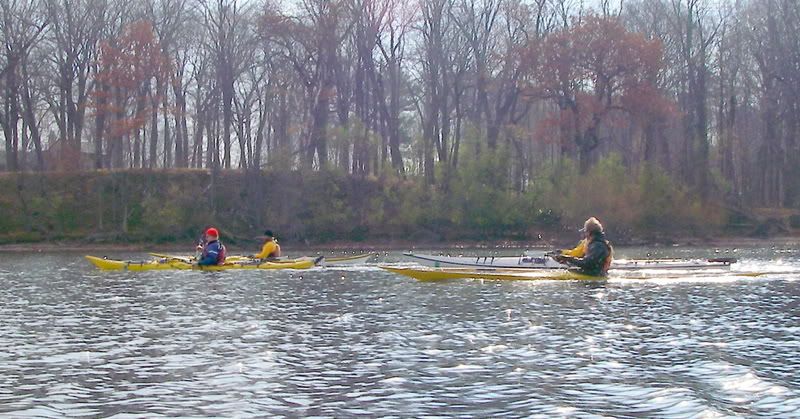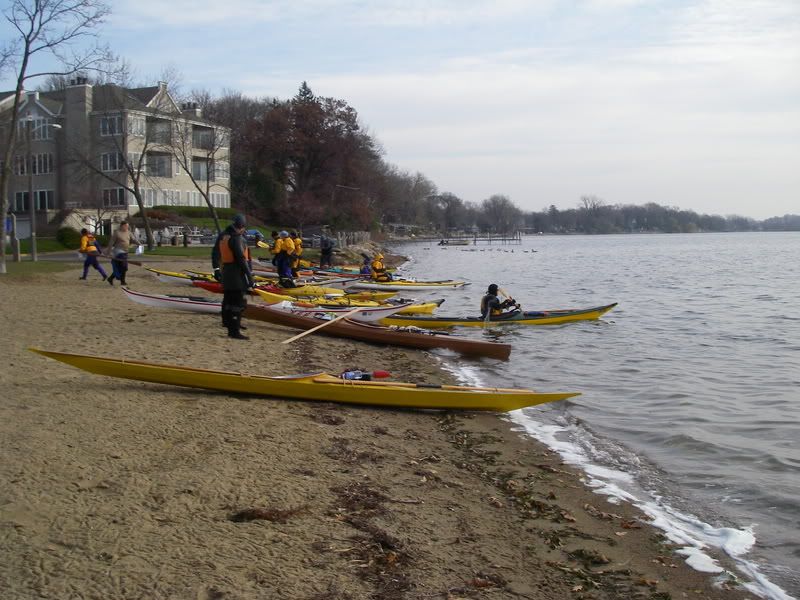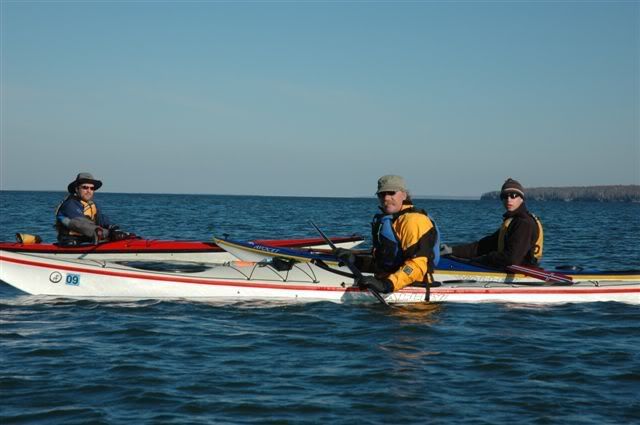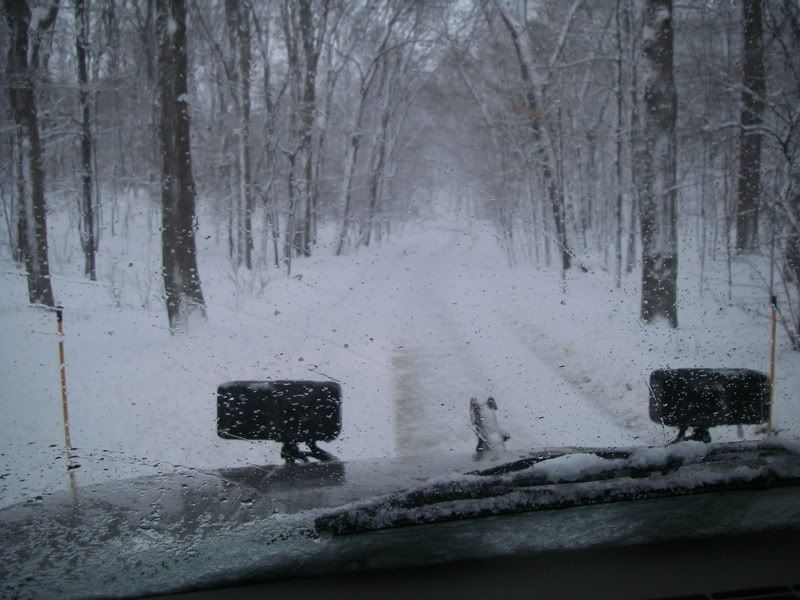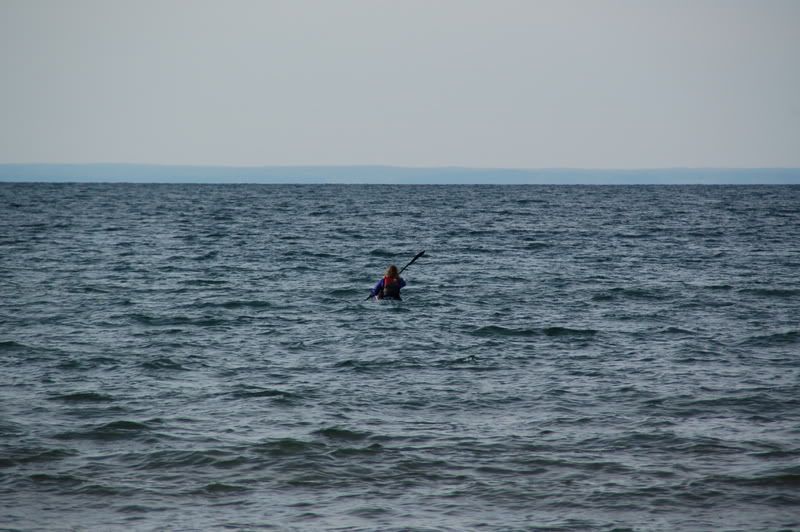
The first time I really understood the meaning of “solo” was the fall of 1991 at an airport in Omaha Nebraska. My flight instructor asked me for my logbook and wrote the line “ok for solo flight”, then signed his name. He was confident I could do what was necessary to take off, fly the plane, and bring it back to the ground safely. He had gone over everything with me, time and time again … what to do if the engine quit, what to do if I get lost, what to do if the radios quit working, what to do if I found myself inside a cloud. The most important thing of course was to continue to “fly the plane”. I did many solo flights after that first day. When I finally did get my pilots license, the meaning of solo flight was still the same. I was responsible for the outcome … no one else could come to my aid and fly the plane for me. I used to fly aerobatics solo … spins, loops, rolls, all the fun stuff. And I am far from an adrenaline junkie; I did it after hours of training, and only did the maneuvers I was signed off to do solo. We often hear of unfortunate outcomes to solo travelers, were these people really prepared for what they intended to do? I believe Andrew McCauley was prepared as anyone could have been. Aron Ralston, an experienced climber, went rock climbing alone … he lived through a harrowing experience being trapped by a boulder for 5 days. The stories are endless, but so are the truly unique experiences that can only be felt solo. I am planning on doing some solo paddles next summer, more than likely to the Apostle Islands on Lake Superior. Take a couple long weekends, spend some quiet time on the water, and take in the solitude. I’ve had more training than most paddlers, and my navigation skills are pretty good. So why does it feel like I’m planning something reckless?
